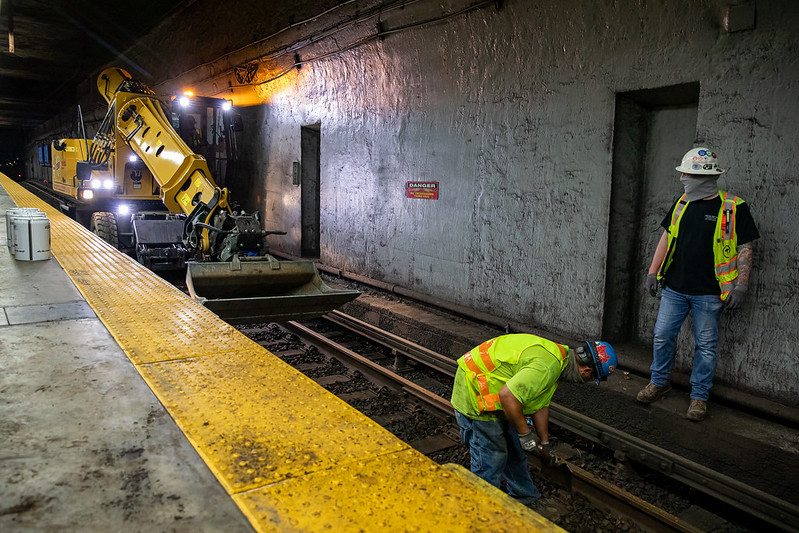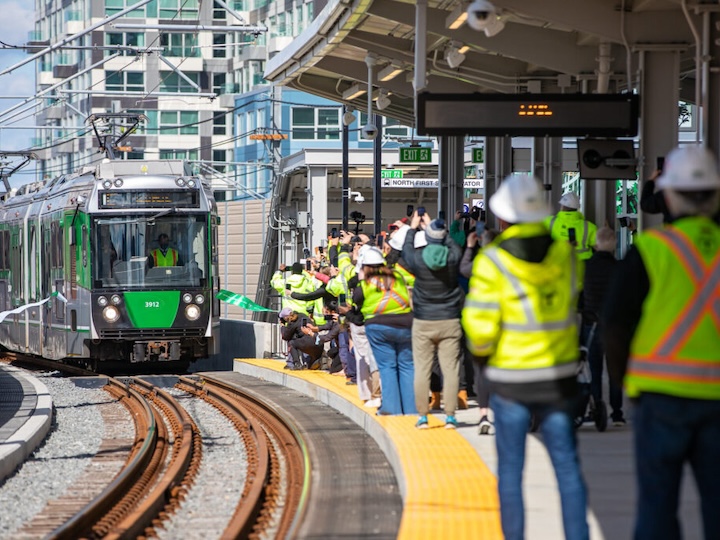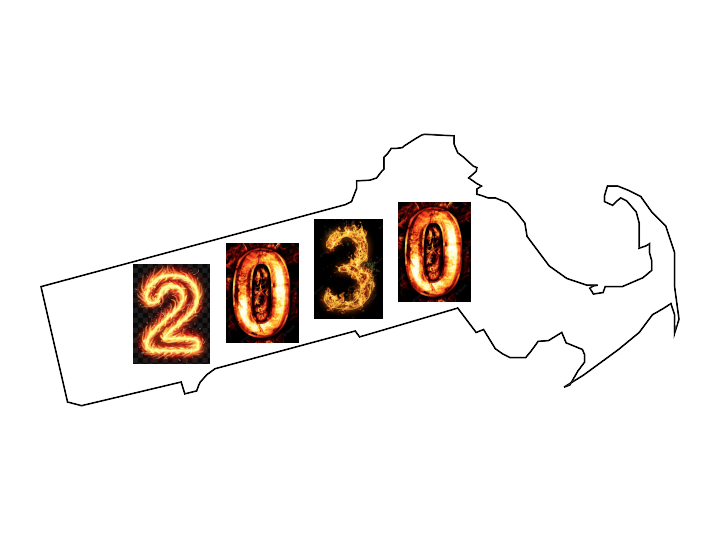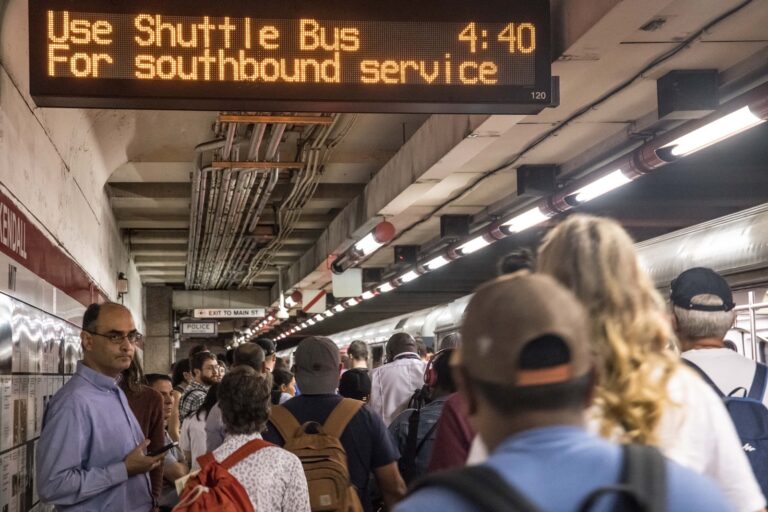A timeline of the new but troubled Green Line Extension’s opening … and closing … and opening … and slowing …
The year was 2022. The world was expeditiously reopening from the COVID-19 pandemic, and in Massachusetts, then-Gov. Charlie Baker’s final term was coming to an end. As a year-end bonus, a long-awaited public transit addition was finally becoming a reality.
On Dec. 12, the Medford Branch of the MBTA’s Green Line Extension (GLX) project was completed, coming nine months after the opening of the Union Square Branch, an earlier completed portion, that March. In a joyous holiday-time ceremony, Baker and MBTA leadership cut the green ribbon, signaling a new era for the oldest subway in North America.
However, it was far from a smooth journey to get there. And a full year after that ceremonial ribbon-cutting, there have been a series of troubling shutdowns and setbacks.
The GLX has been plagued with budget issues and a carousel of questionable contracts from its early stages. The project was estimated to be in excess of $1 billion over budget back in 2015, a problem that eventually led to the MBTA ending its contract with the management firm White Skanska Kiewit (WSK).
In 2017, a consortium of contractors won new bids to start constructing the tracks. Years later, only after the opening of both lines, lawsuits, speed restrictions, and other issues afflicting the GLX are revealing flaws that have so far kept the much relied-upon light rail from reaching its full potential—or even being any better than the century-old tracks on the other end of the Green Line.
As the public transportation advocacy group TransitMatters described the situation, the GLX issues “hurt public trust in the agency and undermined support for the transformative projects the region desperately needs.”
As things look now, the MBTA will need to redo or repair most of the tracks on the extension for the line to be fully functional. Below is a timeline of how this debacle unfolded over the past year—from celebration, to aggravation.
June 2023
-On June 29, the MBTA announces in a press release that the recently opened GLX will shut down for six weeks to allow for “critical repair work.”
August 2023
-A New York City-based engineering firm named STV Incorporated, which has a 40-year relationship with the MBTA, is sued for faulty designs by multiple contractors that built the GLX. They claim that STV caused $35 million in cost overruns.

September 2023
-The MBTA’s online speed tracker shows that the GLX line’s speed was reduced to a mere three miles per hour before inching up to full speed. Per the MBTA, a “speed restriction is an area in which trains are required to run at slower-than-normal speeds because of track wear and tear or other problems.”
-The Boston Globe reports that “MBTA inspectors discovered the width between the track on much of the GLX had gotten too narrow for trains to safely go at full speed.” One expert they consult says, “Rail width can narrow over time, but narrowing can be caused by rotting track parts that takes decades, and it’s usually an isolated incident, not widespread. … You should not see those kinds of problems if everything was designed and built properly.”
October 2023
-MBTA General Manager Phillip Eng tells the public that the MBTA track department alerted STV back in 2021 about the issue of narrow tracks, but they were ignored with no clear answer as to why. Eng says, “It’s the whole length of the project that I believe needs to be regauged to be back within the contract requirement.” Regarding those who are responsible, he adds, “We’re going to hold them accountable to the contract requirements.”
-Speed restrictions are lifted, but further repair work still needs to be done on the tracks.
-Baker’s successor, Gov. Maura Healey, says the prior administration displayed “poor judgment” in appointing senior management at the MBTA.
-The Boston Institute for Nonprofit Journalism reveals that a contract for an internal safety review to evaluate systemwide slowdowns that impacted the Green Line were given to a former T employee’s consulting company in a way that went around the standard bidding process—and was awarded before the former employee’s company officially existed.
November 2023
-The MBTA announces that the GLX tracks are to be fixed overnight between Nov. 27 and Dec. 10, so as to not disrupt peak service.
December 2023
-The MBTA announces on Dec. 8 that track work will not be completed on time, pushing the finish date to Dec. 17, a week after the projected due date.
State Rep. Mike Connolly, whose Cambridge and Somerville district is directly impacted by the shutdowns and delays, said the situation is the result of ongoing chronic underfunding and under-investment in the transit system.
“It’s completely outrageous,” Connolly told HorizonMass. “I think what’s most outrageous is that it was clear that [the MBTA] were aware of what was going on.”
Connolly continued, “I think more resources are needed in general. What we’re witnessing now is the product of decades of underinvestment of infrastructure and underinvestment of people.”
“Too often, there had been a push to privatize and to outsource, but when you do that, you wind up not having the expertise in-house—you always have to go out to hire that expertise.”






